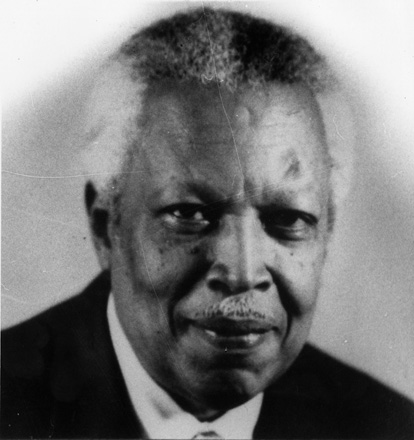National Library of Jamaica: Labour Day 2010


The International Labour Day movement came out of the struggle to free workers from extreme conditions of repression, exploitation and racism which generally existed in the late nineteenth century. Since 1890 May 1 has been reserved by many countries as the day to officially honour the Labor movement. However some countries chose different days in May to celebrate it, in Jamaica Labour day is celebrated on May 23rd of each year.
| Queen Victoria, the Monarch credited by some with granting slaves their freedom. Her birthday was once celebrated in Jamaica but was abolished and replaced with Labour Day. |
In 1961, a Bill in Parliament abolished the public holiday, Empire Day.
Empire Day was the birthday of Queen Victoria of England the Monarch attributed with abolishing slavery, her birthday was a public holiday celebrated May 24th . The new bill in parliament, however designated May 23rd as Labour Day, the day which marks the anniversary of the working class movement which began in Jamaica in 1938. (Law page 1 page 2 )
By 1938 Jamaica was rife for labour unrest, labourers were grossly underpaid and several strikes broke out across the island with
workers all asking for the same thing, better wages. The most outstanding of these unrests was the riot at Frome sugar factory which occurred in May of that 1938. One prominent figure that arose from the 1938 upheavals was St. William Grant, he was a labour leader, black nationalist and Garveyite.  Grant
spoke loudly for the rights of workers and was even arrested in 1938 for his
firm stands, however he sank from the pages on history into obscurity and
poverty. His contributions have not been forgotten though and the Victoria Park in Parade in the centre of Kingston was renamed in memory of St.William Grant in 1977. In 1974 he was awarded the Order of Distinction
posthumously.
Grant
spoke loudly for the rights of workers and was even arrested in 1938 for his
firm stands, however he sank from the pages on history into obscurity and
poverty. His contributions have not been forgotten though and the Victoria Park in Parade in the centre of Kingston was renamed in memory of St.William Grant in 1977. In 1974 he was awarded the Order of Distinction
posthumously.
It was from these labour upheavals that trade Unions were formed to champion the cause of Jamaican workers. From 1961 until 1971, Labour Day was mainly celebrated by the trade unions in collaboration with the political parties to which they were affiliated. These celebrations took the form of public rallies meetings and marches which were held primarily in the corporate area. There were occasions when the marches of the opposing major trade unions and the political parties clashed, contrary to the original concept that Labour Day should be a demonstration of unity among the workers in Jamaica.
There was one additional dimension to the celebration, instituted by the most Honourable Hugh Shearer when he became Prime Minister in 1967, this was in the form of a Labour Day reception at Jamaica House. This is a tradition which still stands today. Hugh Shearer began his political career as a trade unionist. He took part with Bustamante and other union officers in negotiations with employers in some of the most important
labour disputes. In 1953 he was appointed Island Supervisor of the Union. In 1977 he became the President of the Bustamante Industrial Trade Union and in the ensuing years built the Union into the largest in the English speaking Caribbean.

Hugh Shearer began his political career as a trade unionist.
Newspaper headline reporting a strike at the Kingston
Waterfront, Gleaner May 14, 1938
Next ~ Labour Day Jamaica Style
